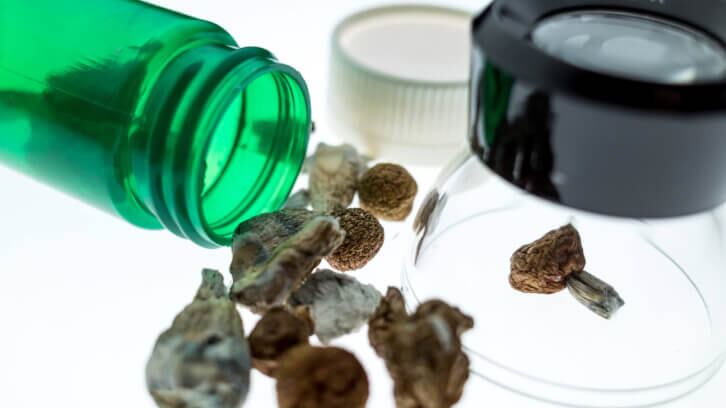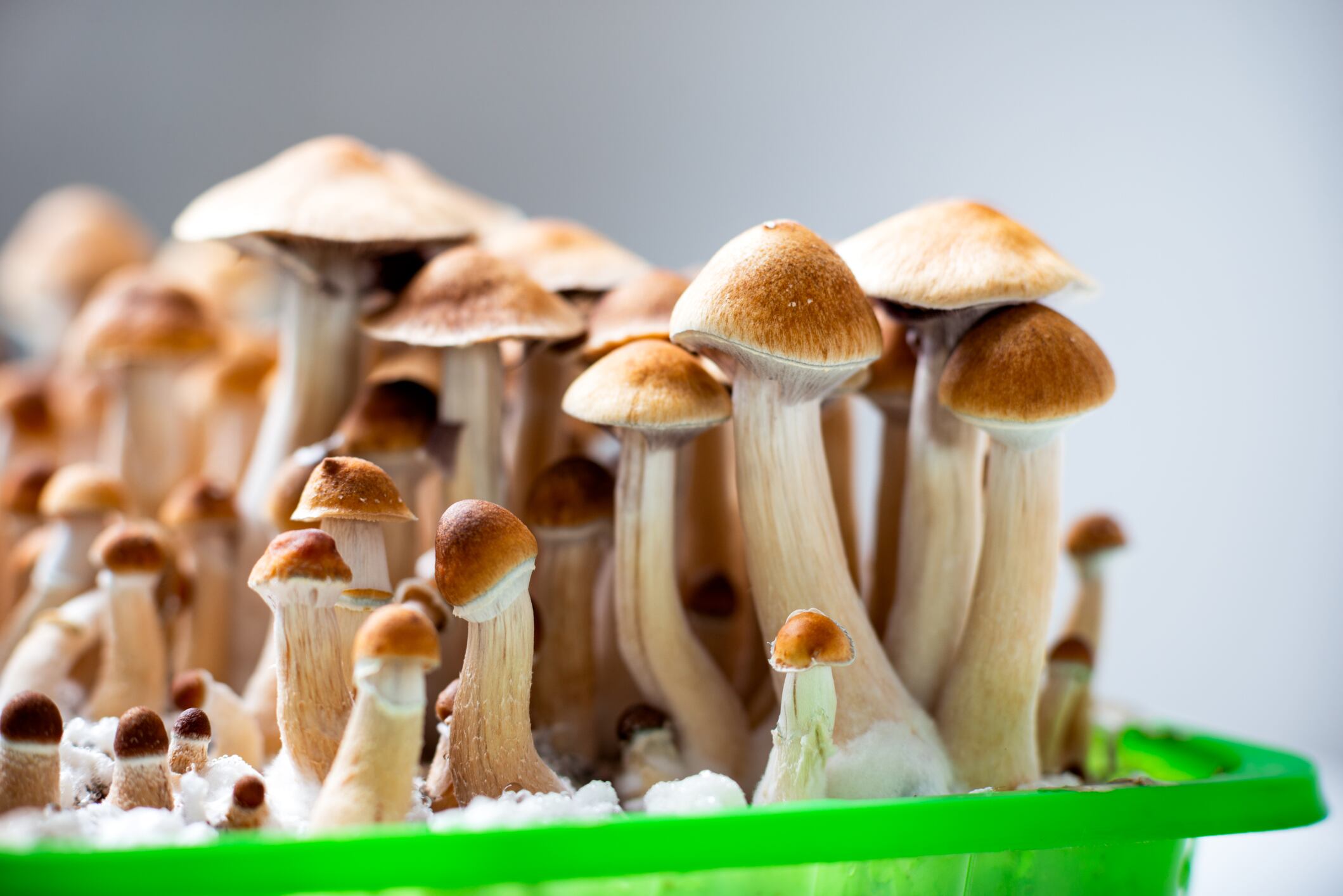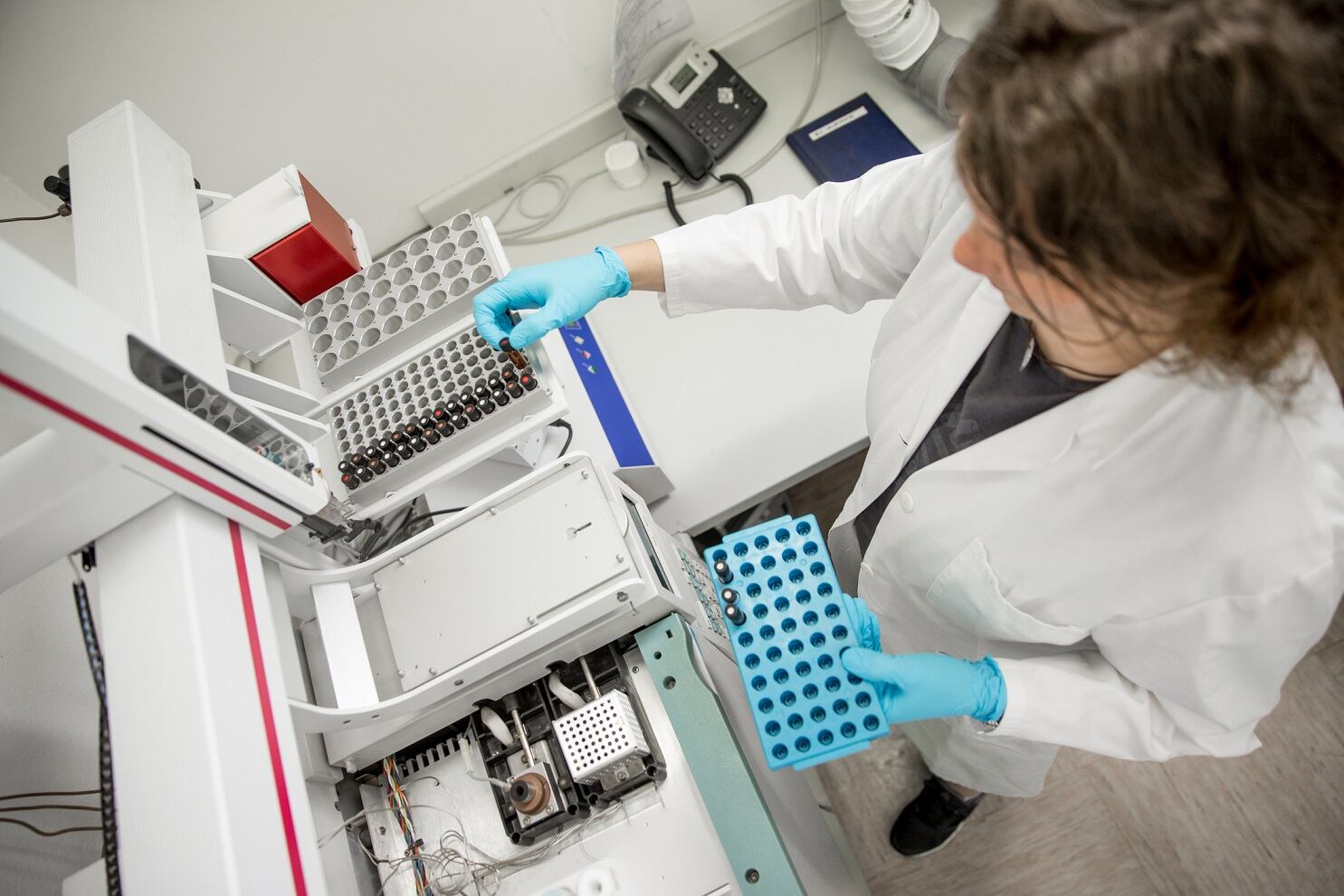“This is a bold step for an analytical lab to take, but very much in keeping with Sid and my reverence for all plants and fungi, which extends to psychedelics and the traditionally known benefits of these substances,” said Elan Sudberg, CEO at Alkemist Labs, which was founded in 1997 by his father Sidney Sudberg, president & chief science officer at the California-based lab.
Sudberg added that Alkemist Labs is not aware of any other contract labs in the industry offering this testing in a single lab analysis.
Psychoactive testing
Lab director Anthony Fontana, PhD, spearheaded the development and validation of the analytical method, which took a little over six months to complete. It covers fungus and plant raw materials, extracts, processed material, and finished products.
“When starting to develop this LC-MS/MS psychedelic method, it was recognized that no one sample would contain all these compounds,” he told NutraIngredients-USA. “But most of these psychoactive compounds are alkaloid tryptamine/indolamine derivatives, thus we developed this universal method to quantitate all these compounds.”
Dr. Fontana noted that the test did not work for all psychoactives in the sources but that an additional method to capture these compounds is in the works.
The current list of compounds includes psilocybin, psilocin, paeocystin, norbaeocystin (from magic mushrooms); Aeruginascin (a psilocybin analogue); DMT, harmine, harmaline, THH, harmol, harmalol, 5-MeO-DMT, 2-Methyl-1,2,3,4-tetrahydro-beta-carboline, DMT-N-Oxide, NMT and tryptamine (from Ayahuasca); bufotenin (from some mushrooms and psychoactive toads); mescaline (from peyote cactus); ibogaine (from the Apocynaceae plant family); mitragynine and 7-Hydroxymitragynine (from kratom); as well as substances like LSD, ketamine, MDMA, cocaine and codeine.
Commenting independently on the analytical method, Paula Brown, PhD, Canada research chair in phytoanalytics, said that while there are many validated methods for analyzing psychoactive compounds in biological fluids, like blood and urine, having a method validated specifically for the complex botanical and fungi matrices is hugely valuable.
“I applaud the efforts by Alkemists Labs”, she told NutraIngredients-USA. “Engaging in good methodological practices is key to strengthening our knowledge of these valuable products, improving clinical practice and ultimately advancing public health.”
The validation protocol followed the criteria and parameters outlined in USP-NF Validation of Compendial Procedures 1225 and AOAC publications, evaluating for accuracy, precision, specificity, linearity, range, robustness, system suitability, quantitation limit, and detection limit.
Sudberg confirmed that the lab is federally licensed to analyze controlled substances through the corresponding DEA registrations.
Psychedelics: Good for business
Interest in psychedelic-assisted treatment is growing with greater awareness of the associated mental health benefits, the relaxation of regulations in several states, and increased R&D initiatives in a psychedelics market expected to reach close to $12 billion by 2029.
“With all of the promising research that is being done on psychedelics, especially for treating PTSD and addiction, having the ability to control the dosage is essential,” said Dr. Fontana. “Obviously, this requires accurate quantitation of these compounds, which we are now able to offer.”
For Elan Sudberg, the analytical method is part of a larger push as psychedelics continue to edge into the spotlight. He was one of the driving forces behind the work of the American Herbal Products Association (AHPA) Cannabis Committee and is foundational chair of the AHPA Psychedelic Plants and Fungi Committee, established in 2022.
The committee is currently working on addressing the safe use and responsible commerce of goods derived from psychedelic plants and fungi, clarifying definitions and terms, establishing practices and standards that support safe use towards policy recommendations, keeping abreast of related laws and regulations to recommend legislative and regulatory initiatives, and collaborating towards education efforts around psychedelics.
Meanwhile, Sidney Sudberg is scheduled to appear at The Mushroom Summit in Denver, CO, June 19–23, where he will present the new Alkemist test method as it relates to psylocibin and psilocin.




